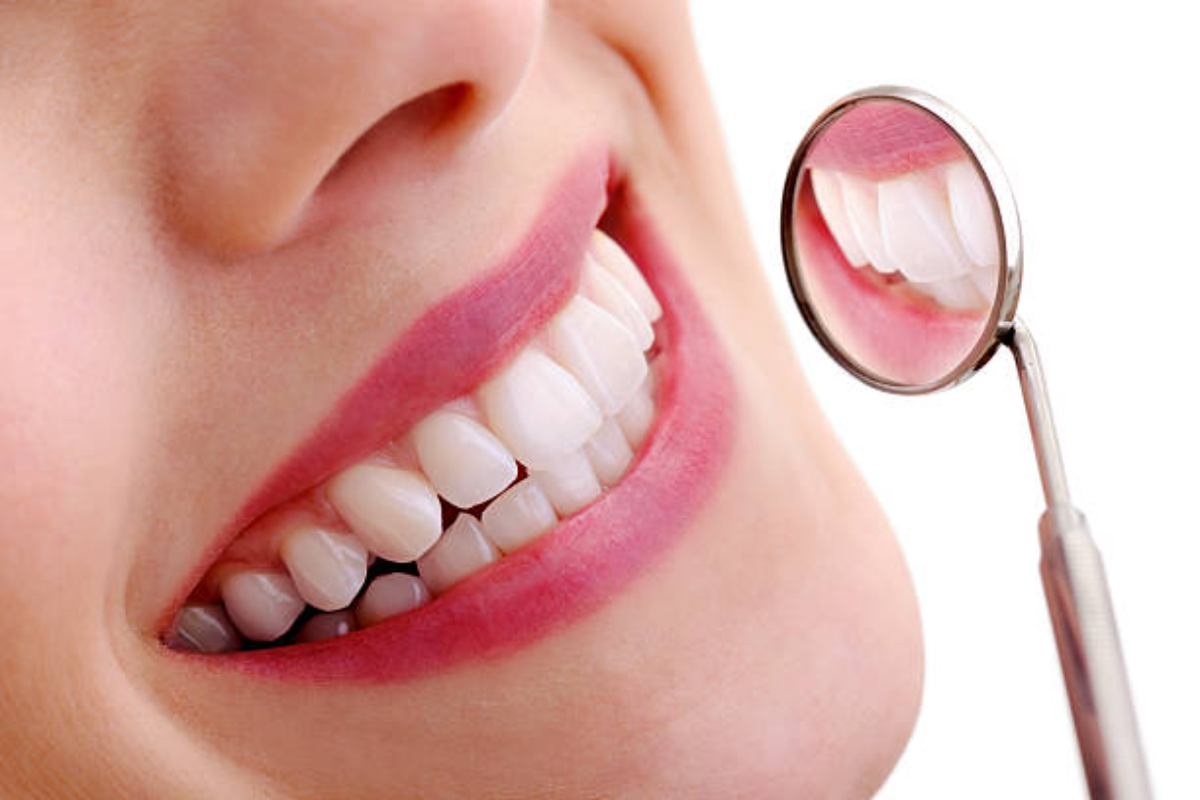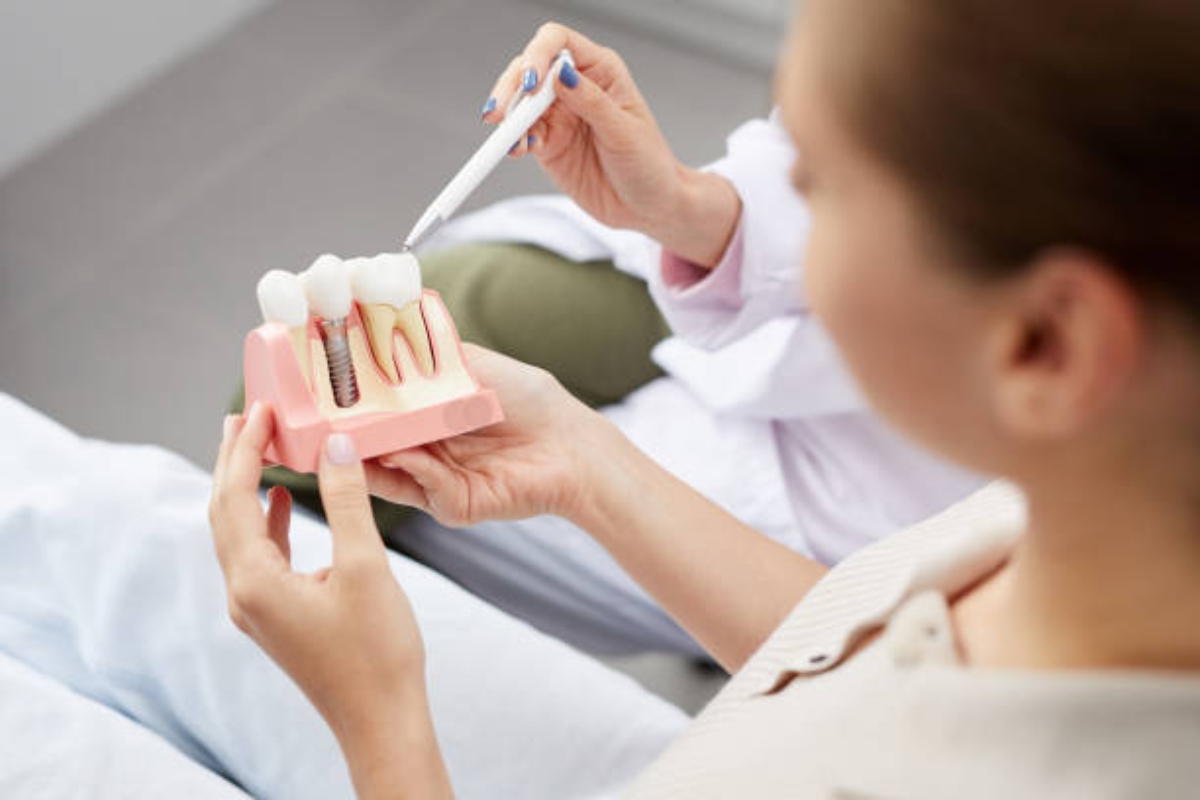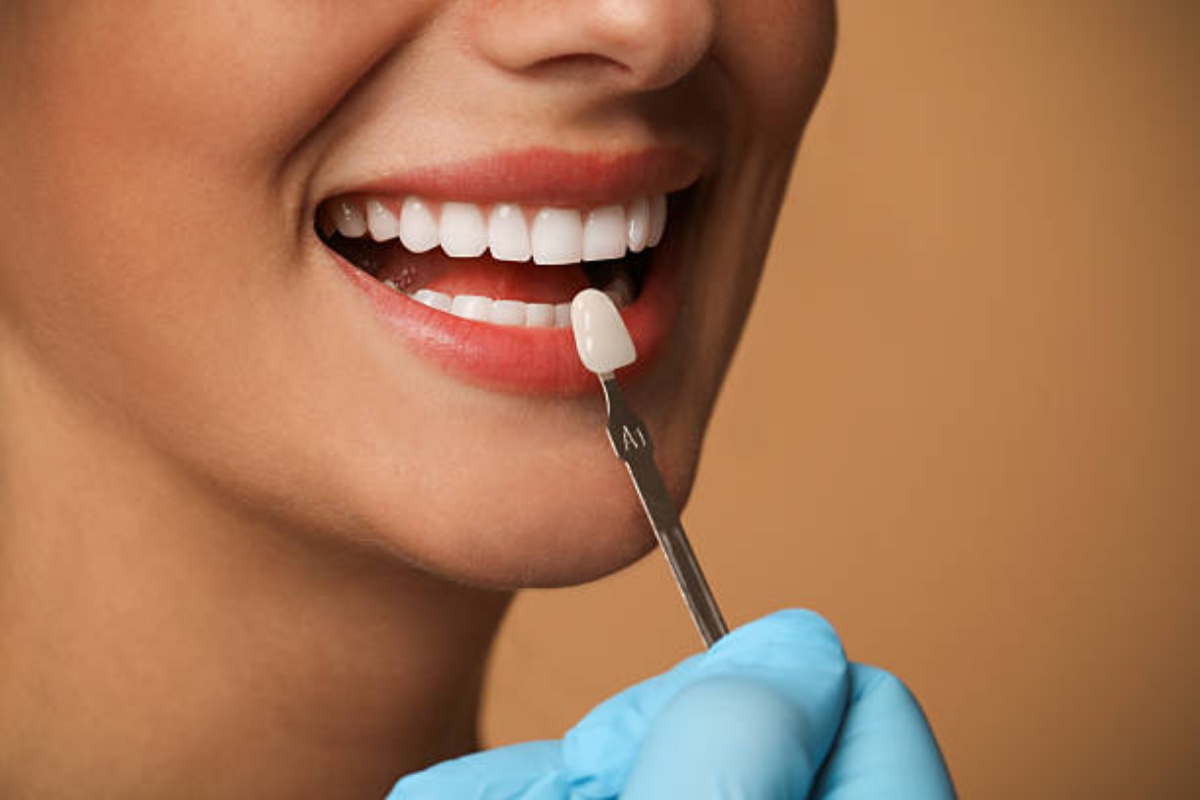If you aim to get teeth whitening in Cary NC, understanding sensitivity caused due to teeth whitening will help you have a more effective and comfortable procedure. Many people experience sensitive teeth after whitening, and though it can be uncomfortable, it is typically temporary. Your dentist can help you go through the whitening done safely, alleviating or slowing any pain that can come with the process.
Why Would Teeth Feel Sensitivity after Whitening?
The sensitivity generally occurs when the bleaching agent touches and penetrates into the enamel, temporarily reaching the nerve endings. Typical reasons for sensitivity after whitening your teeth include:
- Exposed Dentin – if the enamel is thin or the gums have receded, this increases the dentin exposure.
- High Strength Bleaching Gels – stronger ingredients and formulations increase the risks.
- Frequent Home Use of Whitening – if you perform teeth whitening often at home, this can contribute greatly to sensitivity.
- Existing Dental Conditions – cavities, cracked teeth, gum disease, etc, increase the risk of sensitivity.
If you want to know about teeth whitening side effects, continue reading till last.
Reasons for Teeth Whitening Sensitivity
| Cause | Explanation | Risk Level |
| Thin enamel | Less protection for the nerve endings | High |
| Receding gums | Exposing root surfaces | Medium-High |
| Repetitive use of bleaching agents | Frequent application weakens enamel | Medium |
| Pre-existing dental problems | Dental issues, such as cavities, cracks, gum disease, etc | High |
If you want to know safe teeth whitening options, continue reading the blog.
Common Side Effects of Teeth Whitening
Even with safe products, there are some typical mild side effects:
- Temporary tooth sensitivity.
- Rich gum tissue irritation due to contact with bleaching gels.
- Possible unevenness if present with restorative materials or crowns.
Tip: Always follow the professional guidelines of your dental office in Cary NC, to help minimize unwanted side effects.
Safe Options for Teeth Whitening
There are many options to whiten teeth; not all whitening methods are created equal. For those suffering from teeth whitening sensitivity:
| Whitening Options | Relative Safety for Sensitive Teeth | Notes |
| In-office professional whitening | ✅ High | Custom fabrication trays; Control concentration |
| Take-home dentist-supervised kits | ✅ Medium-High | Lower concentration; Supervised use through a clinician |
| Over-the-counter strips/gels | ⚠️ Low-Medium | Higher risk of uneven whitening and sensitivity |
| Whitening toothpaste | ✅ Safe, but slow | Most minor for maintenance vs. big dramatic change |
Teeth Whitening Sensitivity Prevention Tips
1. Pre-Treatment Prepare
- Use desensitizing toothpaste for about 2 to 4 weeks prior to the procedure.
- Ensure teeth and gums are free of issues with a professional check-up.
2. Follow Professional Directions
- Be careful not to overuse whitening products.
- Follow the suggested wear time for trays or strips.
3. Change Procedure
- Put the gel only on the tooth surface, avoid applying them to the gum.
- Use less concentration gels for sensitive teeth.
4. Diet Considerations
- Right after whitening, it is generally suggested that you refrain from eating food or drinking beverages that are very hot, cold, acidic or high in sugar.
- Drinking water will help neutralize the acids and may reduce any irritation.
Teeth Whitening Sensitivity Prevention Tips
| Tip | How It Helps | Recommended Frequency |
| Desensitizing toothpaste | Strengthens enamel, reduces nerve irritation | Daily before whitening |
| Shorter application | Reduces exposure to the bleaching agent on your teeth | Follow product instructions |
| Avoid acidic foods | Prevents enamel softening | 24-48 hours after whitening |
| Professional supervision | Makes sure the concentration and technique are safe | Every whitening session |
What to Do to Stop Tooth Pain After Whitening?
If you do notice discomfort, you may try using the following approaches:
- Use fluoride gel or toothpaste – Helps strengthen enamel and reduce nerve irritation.
- Switch to desensitizing toothpaste – Will help reduce sensitivity with consistent use.
- Avoid eating very hot or cold temperature foods – Eat lukewarm or soft foods until less sensitive.
- Shorten the whitening process – If discomfort feels considerable, skip days.
- Come visit a dentist near you – For pain that does not go away, your mouth may have another issue.
How to Stop Tooth Pain after Whitening?
| Action | Benefit | When to Use? |
| Fluoride treatment | Helps strengthen enamel and reduce sensitivity | After every whitening session |
| Desensitizing toothpaste | Will remain effective in limiting nerve irritation | Daily use during the sensitivity period |
| Avoid extreme temperature foods | Helps prevent sharp pain | Right after whitening |
| Shortening session | Helps limit the time that the bleaching gel is on the teeth | At the first point of discomfort |
| Professional consultation | Looks at any underlying issues | If the pain lasts longer than a certain length or is severe. |
Visit Beavers Dentistry for Safe and Ideal Teeth Whitening
When you come to Beavers Dentistry, our professional staff always takes into consideration your safety level and ideal results each time you come for treatment. If you are considering in-office whitening or at-home options, our professionals can provide teeth whitening that is safe and will enhance your comfort level, reduce sensitivity, and protect enamel.
If you’ve ever wondered why do teeth become sensitive after whitening or are experiencing some discomfort, we will guide you with our tailored care and professional advice. Don’t let discomfort hold you back from your great smile. Schedule an appointment today to experience safe and gentle whitening with longer-lasting results with the team of expert dentists.





